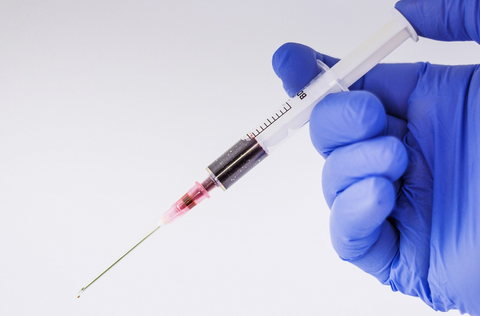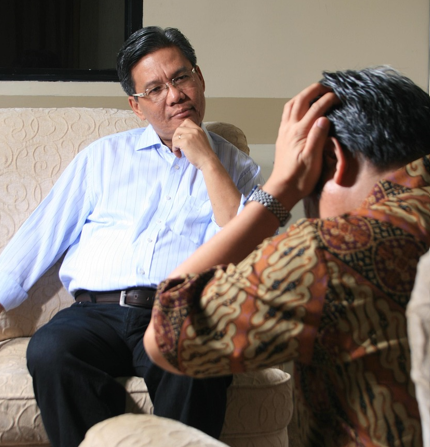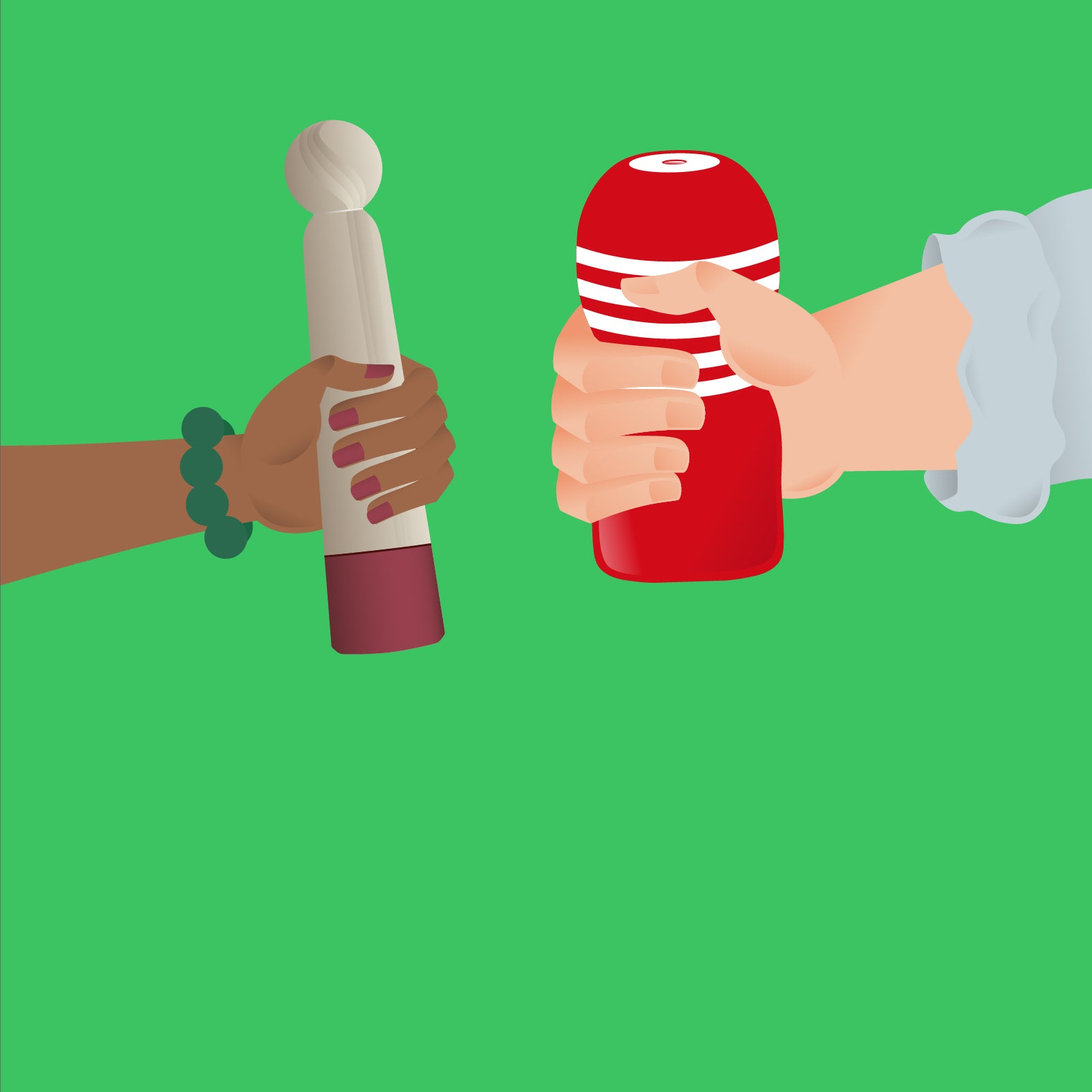
Is Male Menopause Real?

Menopause is a common occurrence in women after a certain age. So do males also undergo a transition like menopause? Is there such a thing as "male" menopause and what does it feel like?
The short answer is yes, there is such a thing. But as far as what it is like, it can be very different for men.
For those who are unfamiliar with female menopause it is a time when periods stop (normally defined as 12 consecutive months) due to low estrogen levels, occurring in women (or people assigned female at birth), starting in their mid-forties, however it can happen earlier.
Signs associated with female menopause can often be hot flashes (a sudden feeling of warmth all over the body), night sweats, vaginal dryness, the need to urinate more frequently, insomnia, emotional changes such as irritability, mood swings or mild depression, dry skin, dry eyes, dry mouth, breast tenderness, poor concentration or short-term memory, racing heart, changes in libido (sex drive), weight gain, hair loss or thinning.
Unlike the type of menopause experienced by women, male menopause is often associated with a reduced production of testosterone, an occurrence also called andropause. And unlike a more rapid drop in hormones experienced in women during menopause, male menopause often involves a gradual decline in testosterone levels over a period of many years. This gradual decline of testosterone levels can lead to low testosterone, or "low T".
CONTENTS
- Signs of Low Testosterone
- Treatment for Low Testosterone
- Risks of Testosterone Replacement Therapy
- Summary
Signs of Low Testosterone

First of all, male menopause has a few other names, it is also referred to as late onset hypogonadism, or male climacteric andropause.
A man's testosterone levels decline on average about 1% a year after age 40, for some men as early as age 30. But most older men still can have testosterone levels within a normal range, with only approximately 10% to 25% of men having levels considered to be low T.
Although some men may feel or see the changes occurring in their bodies, since the reduction in testosterone levels can be gradual, there are individuals who have low testosterone levels but are never consciously aware of any symptoms even though they are going through a hormonal transition.
In addition, the signs and symptoms associated with low testosterone can also be attributed to a person's age, medication usage, or other conditions, such as having a body mass index (BMI) of 30 or higher. So please consult with your doctor to make sure of your condition.
Here are some signs of male menopause that potentially suggest lower testosterone levels in men. Notice that many symptoms are similar to women experiencing menopause:
- Reduced sexual desire and activity
- Decreased spontaneous erections or erectile dysfunction
- Breast discomfort, swelling of “man boobs”
- Infertility
- Height loss, low bone density
- Hot flashes or sweats
- Feeling very tired often (fatigued)
- General lack of enthusiasm or energy
- Depression and moodiness
- Poor concentration and short-term memory
- Loss of lean muscle mass
- Increase in body fat
- Difficulty sleeping (insomnia)
Typical Testosterone Levels for Adult Males:
Age (in years) T levels nanograms/milliliter (ng/ml)
20–25 5.25–20.7
25–30 5.05–19.8
30–35 4.85–19.0
35–40 4.65–18.1
40–45 4.46–17.1
45–50 4.26–16.4
50–55 4.06–15.6
55–60 3.87 –14.7
60–65 3.67–13.9
Treatment for Low Testosterone
The first recommendation that many physicians may make is exercise. Certain exercises may have a small influence on testosterone production, and do benefit the health and well-being of the person in other ways.
One study has shown that high-intensity interval training (HIIT) not only improves strength but also free testosterone (a type of testosterone freely available to cells throughout the body) in male subjects. However, as we have mentioned in the past, other types of exercise, such as endurance exercises can actually lower testosterone levels. So please discuss this with your doctor.

Other types of treatment for low testosterone would be Testosterone Replacement Therapy (TRT). While TRT may be beneficial for those hoping to alleviate the symptoms of low T, it is important to note that TRT does have some adverse effects on certain individuals.
Risks of Testosterone Replacement Therapy

Testosterone Replacement Therapy can have side effects, and the long-term risks and benefits aren't fully known yet. For example, if you have been diagnosed with prostate cancer, TRT can potentially increase cancer cells in the body. TRT may also increase the risk of heart attacks and stroke, as well as increase the formation of blood clots in veins. In addition, TRT can actually reduce sperm count and increase the risk of infertility.

It is important to talk to your doctor about your signs and symptoms of male menopause, as well as discuss treatment options. TRT may not be the only option for your issue. Your doctor can help you weigh the pros and cons of different treatments.
Summary

Male menopause is real and can be a very different experience compared to female menopause. Although male menopause is more of a gradual process, with testosterone levels being reduced on average by one percent a year, the signs and symptoms can feel similar to menopause experienced by women. For those suffering from the symptoms, there are treatments available for men to help ease the transition, however it is important to weigh the pros and cons of each type of treatment for male menopause, and discuss your various options with a specialist.
It is also very important to practice self-care, as it may help lessen symptoms and help with overall quality of life. As we have written over the years, self-pleasure has many benefits beyond the sensation or climax.
Now is a great time to practice self-care with the help of TENGA products. We hope you will browse our selection of items that have been designed and tested to provide maximum pleasure.Benefit from our years of experience and find your best self! Learn more about sexual health by reading our TENGA blogs.





